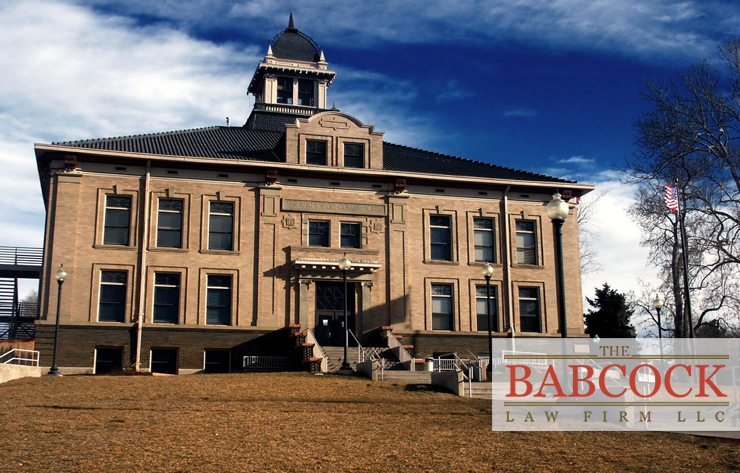The state of the world today is in constant flux. In the age of COVID-19, people often have more questions than answers —and the same is true in the legal sector..
On March 18, 2020, the Colorado Bar Association’s Labor & Employment Section and Insurance Committee held a Rapid Response Roundtable to discuss how employers, employees and insured individuals are likely to be impacted by the coronavirus.
The emergency webinar covered several different areas of law and how they each will be impacted due to coronavirus.
Mack Babcock of The Babcock Law firm was asked to join the panel to discuss how the pandemic is impacting workers’ compensation, insurance and various recommendations to employers and their employees.
Other panelists included:
- Christine Breen from Truhlar and Truhlar
- Rachel Ellis from Livelihood Law, LLC
- Garth Gersten from Shapiro Bieging Barber Otteson LLP
- Meryl Mills from Lewis Brisbois
- Shawna Ruetz from Lewis Brisbois
COVID-19 and workers’ compensation in Colorado
Mack Babcock focused on how COVID-19 would impact workers’ compensation in Colorado. The biggest question is whether employees infected with COVID-19 would be covered under the state’s workers’ compensation law.
The answer is maybe. The determination lies in whether COVID-19 can be considered a work-related accident, injury or occupational disease.
Under normal conditions, the following conditions are required before a worker qualifies for workers’ compensation:
- When the employee contracted the disease, they had to be doing their normal job.
- An employee’s injury, disease or death must be caused by the injury or occupational disease they contracted while doing their job.
- The employee and employer both need to be within the guidelines for the Workers’ Compensation Act when the disease or injury occurred.
However, with COVID-19, unique problems have arisen.
To be considered an occupation disease, an employee cannot be exposed to the “hazard” outside of the workplace. With an invisible hazard, it’s hard to know for sure exactly where or when an individual was exposed.
It’s likely that employers and insurance carriers will try to label COVID-19 as an occupational disease; whereas, employees and their attorneys will likely label the virus as an “injury” or “accident.” Either way, the determination will be fact-specific and case-specific as to whether a Colorado workers’ compensation claim for COVID-19 will be covered.
Coverage will only occur if exposure or infection is tied to a person’s job. What’s more, the following questions will require specific work-related answers:
- How did the exposure happen?
- How many times was the worker exposed?
- What was the length of exposure?
- Did the exposure occur in a specific incident?
- Could the worker have been exposed somewhere else?
The nature of a person’s job also has a lot of weight when it comes to whether a workers’ compensation claim for COVID-19 will be approved.
The most likely occupations to be covered include:
- Service industry workers
- Traveling workers (especially those traveling to hot spots)
- Healthcare workers
- Those who work with the elderly or disabled
The least likely to be covered include:
- Employees who have limited public contact
- Delivery workers
- Office workers (without a specific known exposure)
As we all know, this is a very fluid situation. Be sure to check back for future updates.
If you or a loved one in the Denver, Colorado area are in need of advice from a workers’ compensation lawyer, contact the knowledgeable staff at The Babcock Law Firm. We are still open and serving clients during the pandemic.


